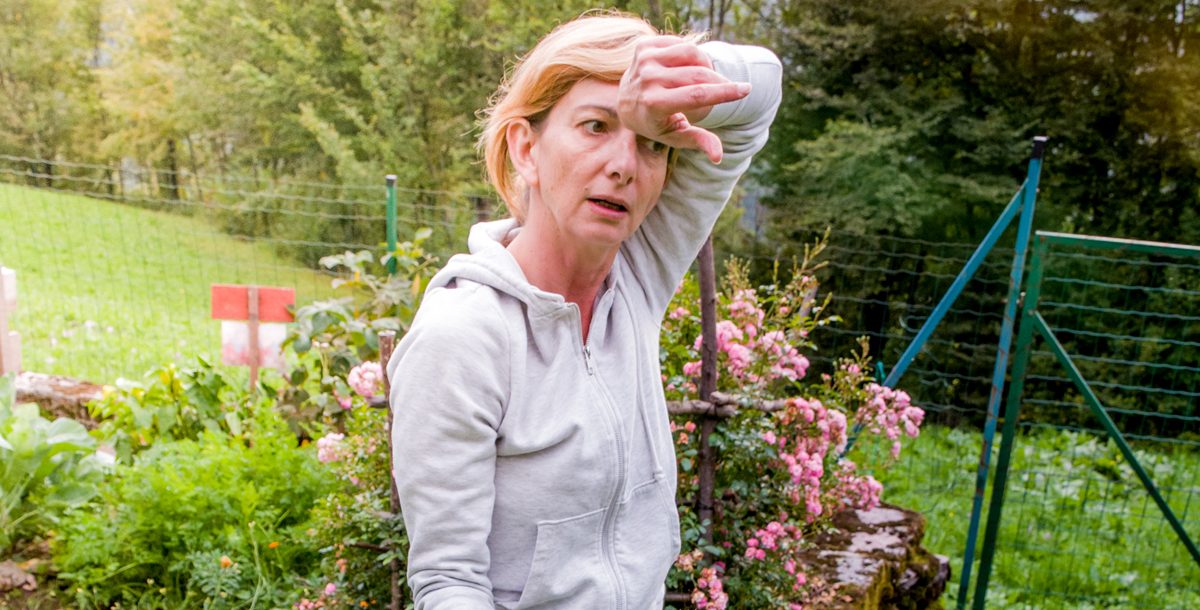Get informed about the risk of heat illness in older adults. Late summer heat waves can have everyone feeling a bit toasty. However, for seniors the heat might be especially uncomfortable.
This is because heat affects aging adults differently than it does younger people. Heat-related illnesses can also go from mild to life-threatening quickly. That’s why it’s important to take time to understand the risks and learn how to deal with heat.
Why heat affects older adults
As people age, their bodies work differently than they used to. Maintaining body temperature is one of these functions that changes with age.
Sweat is one of your body’s most important processes for controlling body temperature. However, people over the age of 65 don’t produce as much sweat as younger adults, making it harder for their bodies to cool down when it’s hot out.
Factors that increase the risk of heat stress
Age itself isn’t the only factor. There are several other risk factors that go along with old age that put people at risk for heat illness.
Heart and kidney diseases or blood flow problems affect the body’s cooling processes. Also, certain medicines can affect your body temperature. Overdressing for the outdoor temperature, lack of access to air conditioning, and living in hot climates also increase your risk for getting too hot.
Signs of heat illness in older adults
It’s important to learn the signs of heat illness so you can start treatment quickly. Feeling slightly overheated can turn into heat exhaustion and heat stroke. And you might not realize it’s happening.
Early warning signs and symptoms to look out for include:
- Excessive sweating
- Feeling tired
- Headache
- Muscle cramps
- Weakness and dizziness
As the condition progresses, you may feel nauseous. You also could vomit and pass out. Symptoms of heat stroke include lack of sweating, feeling confused, seizure and coma.
Tips for keeping cool
Your best course of action for keeping cool is to pay attention to the weather report. Wear lightweight clothing and dress in layers you can take off if you’re feeling chilly in the morning. If possible, stay indoors and avoid hard physical activity when it’s hot out. Keep the windows closed and the blinds drawn. Turn on the air conditioner to keep the temperature indoors cool.
Prevent heat illnesses and heat stress
Staying hydrated is one of the best and most important things you can do. Even being at just 2% dehydration — the point where you start to feel thirsty — results in a drop in how well your body regulates heat.
Drink water with every meal and sip water throughout the day. Avoid drinking alcohol and caffeine as they can lead to dehydration. Lastly, if you’re prone to heat illnesses, it’s a good idea to talk to your doctor about medications you take. Your doctor can tell you which ones might interfere with your body’s ability to control its temperature. They may even suggest an alternative or lower the dose to help during the hot summer months.
Visit our website to learn more about our health services. If you or a loved is showing signs of heat stroke, call 911 and get emergency care.






